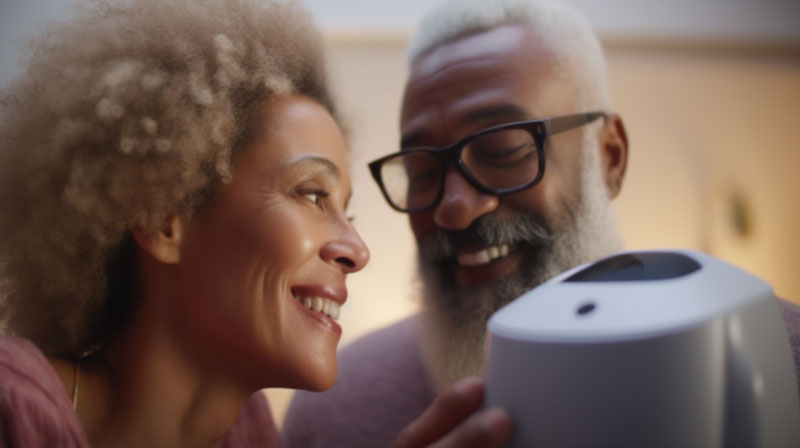Are you or a loved one struggling with sleep apnea? If so, you may have heard of a CPAP machine. But what exactly is a CPAP machine, and how does it help with sleep apnea? In this article, we’ll explain what a CPAP machine is, how it works, and the benefits of using one to manage sleep apnea.
What is a CPAP machine?
CPAP stands for continuous positive airway pressure. A CPAP machine is a device that helps people with sleep apnea breathe more easily and consistently while they sleep. It works by providing a steady stream of pressurized air through a mask that is worn over the nose and/or mouth.
The pressurized air helps to keep the airway open during sleep, preventing the pauses in breathing that are characteristic of sleep apnea. By using a CPAP machine, people with sleep apnea can improve the quality of their sleep, reduce daytime fatigue, and improve their overall health.
How does a CPAP machine work?
A CPAP machine consists of several parts: a motor, a humidifier, a filter, and a hose that connects the machine to the mask. The motor powers a small air compressor that generates the pressurized air, which is then delivered through the hose and mask.
The humidifier is an optional component that adds moisture to the air, making it more comfortable to breathe. The filter helps to remove impurities from the air, such as dust and allergens, before it is delivered to the user.
Once the CPAP machine is set up, the user puts on the mask and turns on the machine. The pressurized air flows through the mask and into the airway, keeping it open and preventing apneas and hypopneas (pauses in breathing) from occurring.
Benefits of using a CPAP machine
Using a CPAP machine has many benefits for people with sleep apnea. Here are some of the most important:
- Improved sleep quality: By keeping the airway open, a CPAP machine helps to prevent the interruptions in breathing that can cause fragmented and poor-quality sleep.
- Reduced daytime fatigue: Getting better-quality sleep can help to reduce daytime fatigue and improve overall energy levels.
- Better mental health: Sleep apnea has been linked to depression and anxiety, and treating it with a CPAP machine can improve mood and mental health.
- Reduced risk of other health problems: Sleep apnea has been linked to a number of other health problems, including high blood pressure, heart disease, and stroke. By treating sleep apnea with a CPAP machine, these risks can be reduced.
- Improved quality of life: By improving sleep quality and reducing daytime fatigue, using a CPAP machine can improve overall quality of life for people with sleep apnea.
The bottom line
If you or a loved one has sleep apnea, a CPAP machine can be a valuable tool for improving sleep quality, reducing daytime fatigue, and improving overall health. By providing a steady stream of pressurized air, a CPAP machine helps to keep the airway open during sleep, preventing the pauses in breathing that are characteristic of sleep apnea. With proper use, a CPAP machine can make a significant difference in the lives of people with sleep apnea.

